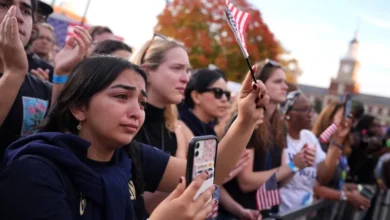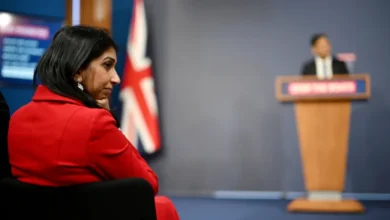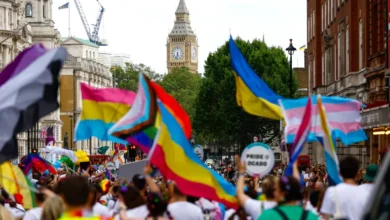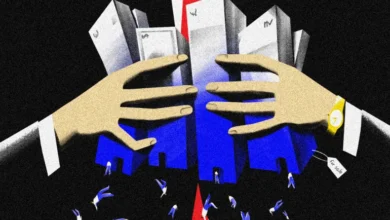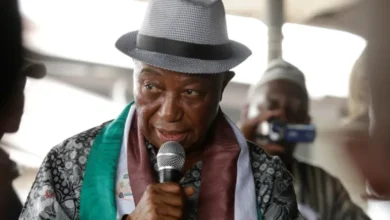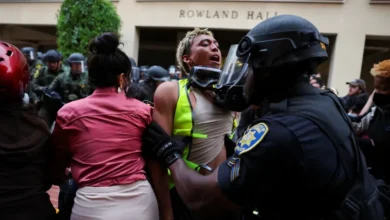Feminism should focus on reality, not narcissistic fantasy
Julie Bindel
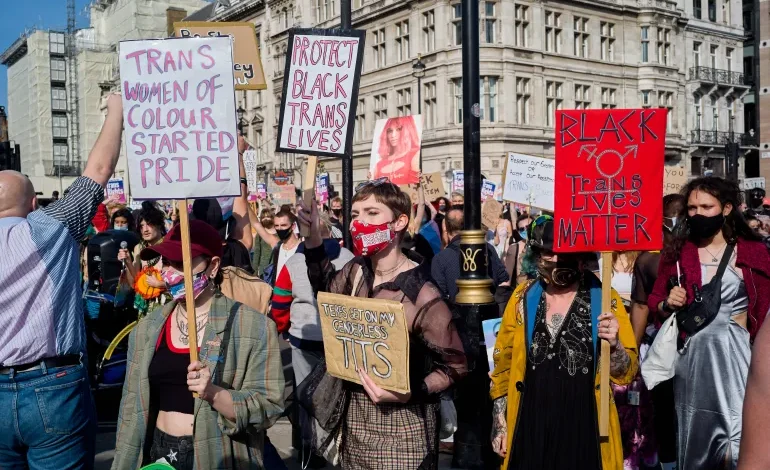
Julie Bindel
These days “intersectionality” seems to be the word on everyone’s lips.
It is parroted by experts and politicians in interviews, chanted by rallying activists, carried to headlines by journalists and scrawled in bold letters across campus walls by progressive students.But what does this seemingly all-encompassing term really mean?
“Intersectionality” was coined in 1989 by American civil rights activist and feminist legal scholar Kimberlé Crenshaw. In a recent interview with Time magazine, she described it simply as “a lens, a prism, for seeing the way in which various forms of inequality often operate together and exacerbate each other”.
But in the three decades since its inception, there has been a major distortion in the meaning of the term.
“My feminism will be intersectional, or it will be bullshit,” cultural commentator Flavia Dzodan stated in a blog post in 2011. After the publication of the essay criticising the use of a racial slur by a participant in New York’s “Slutwalk”, the statement became a famed internet catchphrase – a rallying cry of sorts for so-called “modern feminists” critical of previous generations of feminism for being too concentrated on women’s rights and male violence against women.But what does this seemingly all-encompassing term really mean?
“Intersectionality” was coined in 1989 by American civil rights activist and feminist legal scholar Kimberlé Crenshaw. In a recent interview with Time magazine, she described it simply as “a lens, a prism, for seeing the way in which various forms of inequality often operate together and exacerbate each other”.
But in the three decades since its inception, there has been a major distortion in the meaning of the term.
“My feminism will be intersectional, or it will be bullshit,” cultural commentator Flavia Dzodan stated in a blog post in 2011. After the publication of the essay criticising the use of a racial slur by a participant in New York’s “Slutwalk”, the statement became a famed internet catchphrase – a rallying cry of sorts for so-called “modern feminists” critical of previous generations of feminism for being too concentrated on women’s rights and male violence against women.Identity politics have created a new brand of feminism, and a new understanding of “intersectionality”, that is nothing but an exercise in narcissism that centres the (privileged) individual and ignores true, institutional oppression.
Because of this new, warped understanding of “intersectionality”, in the United Kingdom, we are now facing a reality where dozens of working-class lesbians, many of whom are of colour, are being accused, mostly by highly privileged, white students, of oppressing white natal males who identify as “non-binary”, “asexual” or trans. We are being accused of being “bigots” or “not real feminists” because we refuse to put the interests and feelings of male-born people of whatever identity above the needs of women and girls.
When those students so attached to the “sex work is work” line use the concept of intersectionality to attack feminists who campaign to end male violence, they inadvertently lend support to pimps and other exploiters of women.
When I recently spoke at a conference in Canada alongside a number of Indigenous survivors of male violence, for example, we were confronted by protesters holding placards and shouting through loudhailers: “Sex work is work” and “Blow jobs are real jobs”. “Intersectional feminism lives here!” proclaimed the crowd, waving their placards in the direction of speakers and delegates alike, as we entered the venue.
This cannot continue.




